Core Permit Requirements
Municipal Separate Storm Sewer System (MS4) permittees must develop, implement, and enforce a stormwater management program designed to reduce the discharge of pollutants from the MS4 to the maximum extent practicable, to protect water quality, and to satisfy the appropriate water quality requirements. The program focuses on six Minimum Control Measures (MCMs).
Public Education. Distributing educational materials and performing outreach to inform citizens about the impacts polluted stormwater runoff discharges can have on water quality. Refer to the 7 Simple Steps page.
Public Involvement and Participation. Providing opportunities for citizens to participate in program development and implementation, including effectively publicizing public hearings and/or encouraging citizen representatives on a stormwater management panel. Refer to the Calendar for upcoming events.
Illicit Discharge Elimination Program. Developing and implementing a plan to detect and eliminate illicit discharges to the storm sewer system. Activities include developing a system map and informing the community about hazards associated with illegal discharges and improper disposal of waste. Additional information on the program is available on the Municipal Guidance and Training page.
Construction Site Stormwater Runoff Control. Developing, implementing, and enforcing an erosion and sediment control program for construction activities that disturb one or more acres of land. Controls could include silt fences and temporary stormwater detention ponds. The permitting process for construction site Soil Erosion and Sedimentation Control (SESC) permits is administered by both the county and the state.
Post-Construction Stormwater Management. Developing, implementing, and enforcing a program to address discharges of post-construction stormwater runoff from new development and redevelopment areas. Applicable controls could include preventative actions such as protecting sensitive areas (e.g., wetlands) or the use of structural BMPs such as grassed swales or porous pavement. Information on County’s stormwater management requirements, as a part of development projects, is available from the Genesee County Drain Commissioner Surface Water Management Division.
Pollution Prevention and Good Housekeeping. Developing and implementing a program with the goal of preventing or reducing pollutant runoff from municipal operations. The program must include municipal staff training on pollution prevention measures and techniques, such as regular street sweeping, reduction in the use of pesticides or street salt, or frequent catch-basin cleaning. Additional information on the program is available on the Municipal Guidance and Training page.
Additionally, the permit requires compliance with Total Maximum Daily Loads (TMDLs). When a lake or stream does not meet Water Quality Standards (WQS), a study must be completed to determine the amount of a pollutant that can be put in a water body from point sources and nonpoint sources and still meet WQS, including a margin of safety. A TMDL is a document that describes the process used to determine how much pollutant load a lake or stream can assimilate. Additional information is available on the State’s TMDL program, including maps showing waterbodies with approved TMDLs.

